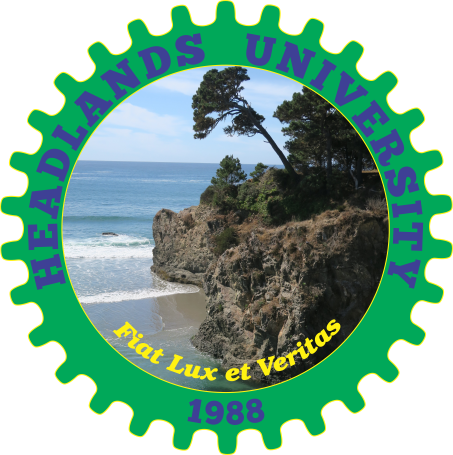James Glieck wrote a masterful biography of eccentric and brilliant particle physicist Richard Feynman: highly recommended for folks who love science and are curious about how we came to understand (as much as we do!) the way sub-atomic particles behave.
I found several delicious quotes; here are three.
“Yet when Einstein doubted that God played dice with the world, or when he uttered phrases like the one later inscribed in the stone of Fine Hall at Princeton, 'The Lord God is subtle, but malicious he is not,' the great man was playing a delicate game with language.” [p58]
“Could God make atoms so flawed that they could break? Could God make atoms so perfect that they would defy His power to break them? It was only one of the difficulties thrown up by God's omnipotence, even before relativity placed a precise upper limit on velocity and before quantum mechanics placed a precise upper limit on certainty.” [ p59]
Feynman was deeply in love with his childhood romance Arline, who became his wife after she was already in steep decline from tuberculosis. She lived (and died) in a sanitorium in Albuquerque while Feynman was a group leader at Los Alamos in the run-up to Trinity, the first atomic bomb test, and they were only able to get together on weekends, so their marriage, such as it was, took place by letter (and through the military censors.)
Two years after she died, Feynman wrote her a final letter:
He wrote two more paragraphs in this vein, and concluded,
Gleick follows with this: 'That he had written such a letter to the woman he loved, two years after her death, could never become part of the iconography of Feynman, the collection of stories and images that was already beginning to follow him about. The letter went into an envelope, the envelope into a box. It was not read again until after his death.' [p221-2]


